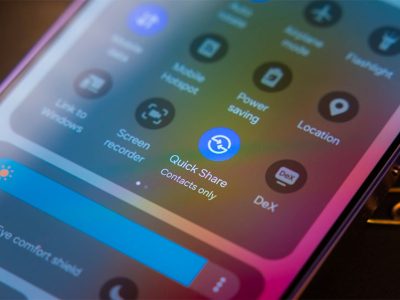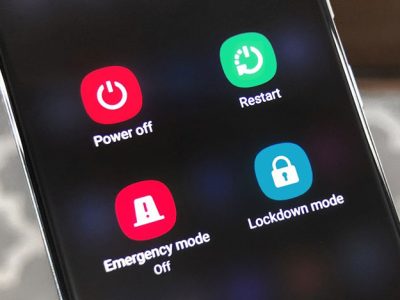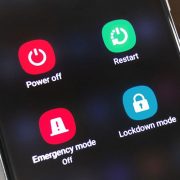
Voice-controlled smartphones are aimed at a large but undeserved market in Sub-Saharan Africa: the tens of millions of people who face significant challenges in life due to their inability to read or write.
In Ivory Coast, a so-called “Superphone” with a vocal assistant that responds to commands in a local language is being pitched to the large illiterate population (up to 40%).
The phone, which was developed and assembled locally, is intended to make everyday tasks easier, such as understanding a document and checking a bank balance, as well as communicating with government agencies, more accessible.
“I just bought this phone for my parents back home in the village, who don’t know how to read or write,” Floride Jogbe, a young woman who was inspired by social media advertisements, said.
She thought the 60 000 CFA francs ($92/R1 600) she paid was money well spent.
The smartphone runs on a Cerco-developed operating system called “Kone,” which supports 17 Ivory Coast languages, including Baoule, Bete, and Dioula, as well as 50 other African languages.
Cerco hopes to expand this to 1000 languages, reaching half of the continent’s population, with the help of a 3000 volunteer network.
The goal is to address illiterate people’s “frustration” with technology that requires them to be able to read, write, or spell effectively, according to Cerco president Alain Capo-Chichi, a Benin national.
“Various institutions established literacy as a priority before making technology available to people,” he told AFP.
“Our approach bypasses reading and writing in favour of integrating people into economic and social life.”
According to UN figures for 2016, the most recent year for which data is available, 27 percent of the world’s 750 million adults who cannot read or write live south of the Sahara.
In addition, the continent is home to nearly 2 000 languages, some of which are spoken by tens of millions of people and are used for inter-ethnic communication, while others are dialects with a limited geographical spread.
Due to a lack of numbers or economic clout, these languages are frequently overlooked by developers who have already created vocal assistants for languages in larger markets.
Kiswahili and Twi
Mobobi, which has created a Twi language voice assistant in Ghana called Abena AI, is another company investing in the voice-operation field in Africa, while Mozilla is working on an assistant in Kiswahili, which has an estimated 100 million speakers in East Africa.
Jean-Marie Akepo, a telecommunications expert, questioned whether voice operation required the platform of a dedicated mobile phone.
Existing technology “satisfies people,” he claims.
“With WhatsApp’s voice message services, for example, a large part of the problem has already been solved.”
Instead of a new phone, he suggested “local language software that could be installed on any smartphone.”
The Ivorian phone is manufactured at the Grand-Bassam ICT and Biotechnology Village, a free-trade zone near the Ivorian capital.
It was created in close collaboration with the government. The company pays no taxes or customs duties, and the assembly plant has received more than two billion CFA francs in subsidies.
In exchange, Cerco will pay the state 3.5 percent of its profits and train approximately 1,200 young people each year.
Since its July 21 launch, the company claims to have received 200 000 orders.
The phone will be distributed in 200 shops across Ivory Coast thanks to a partnership with French telecommunications giant Orange.
Views: 96

















